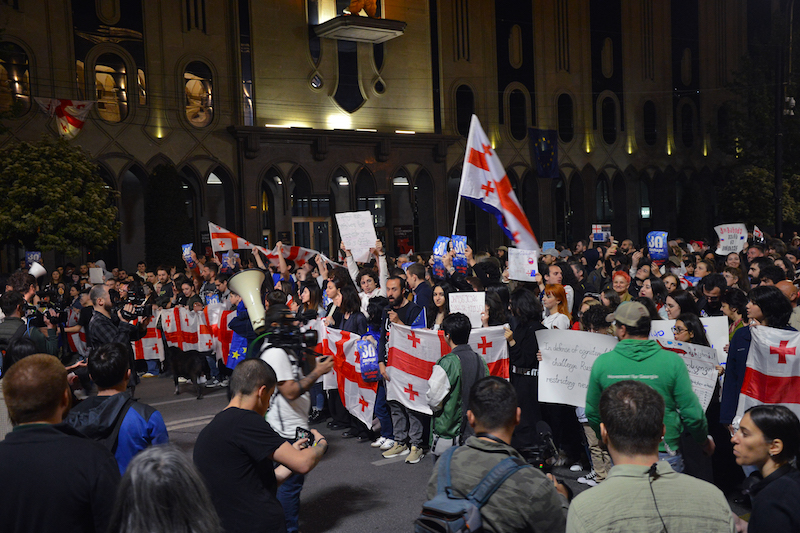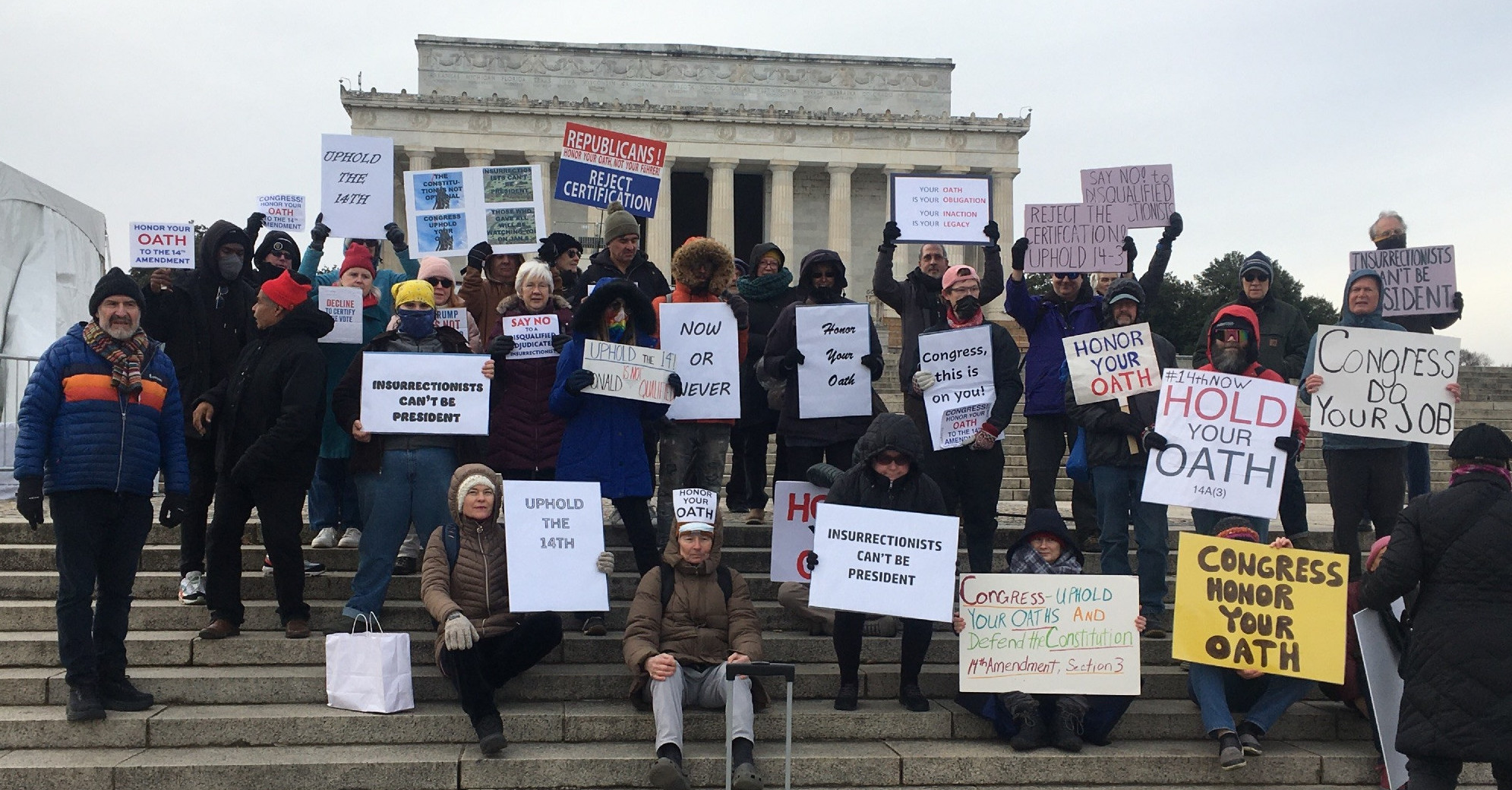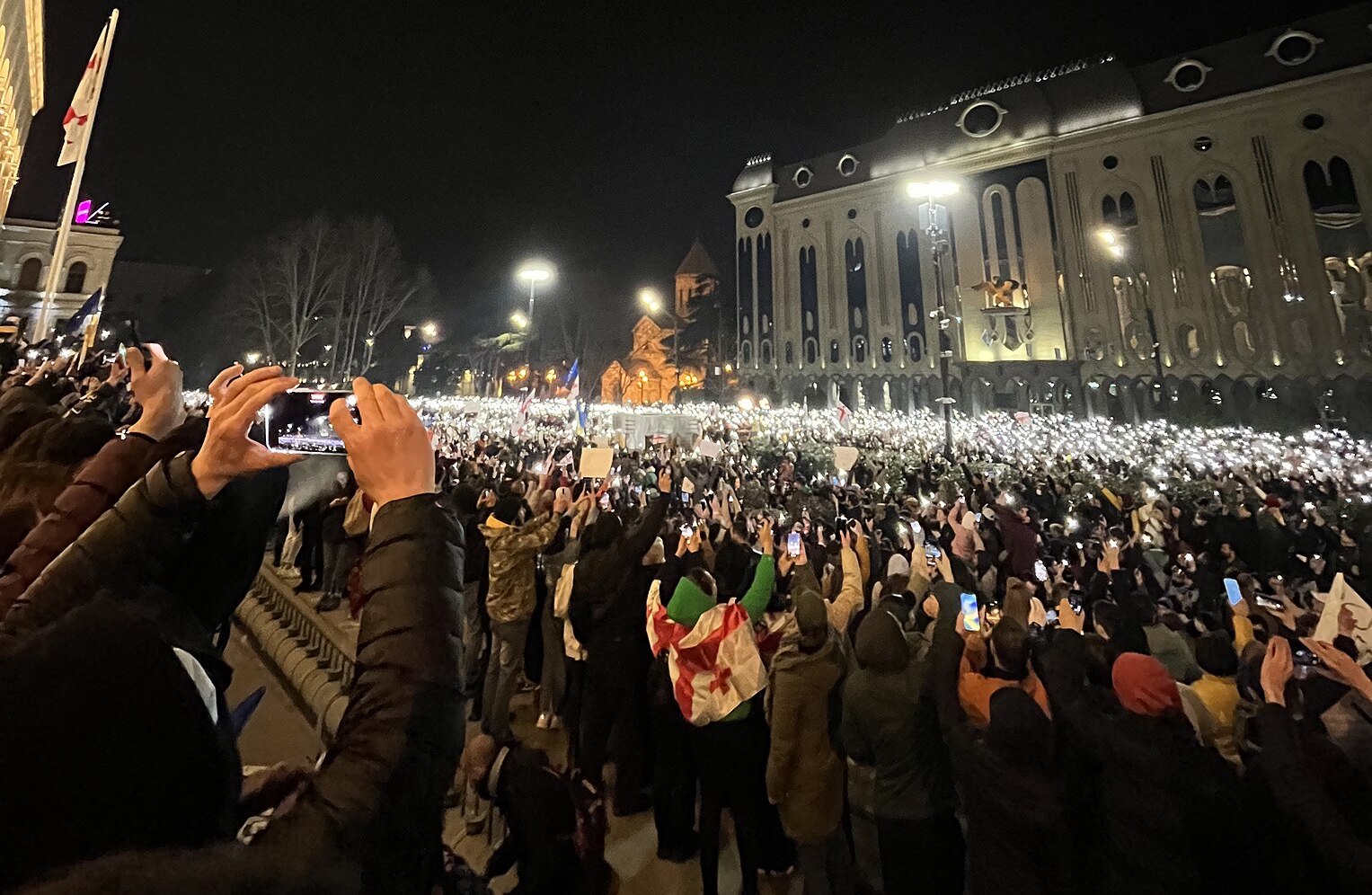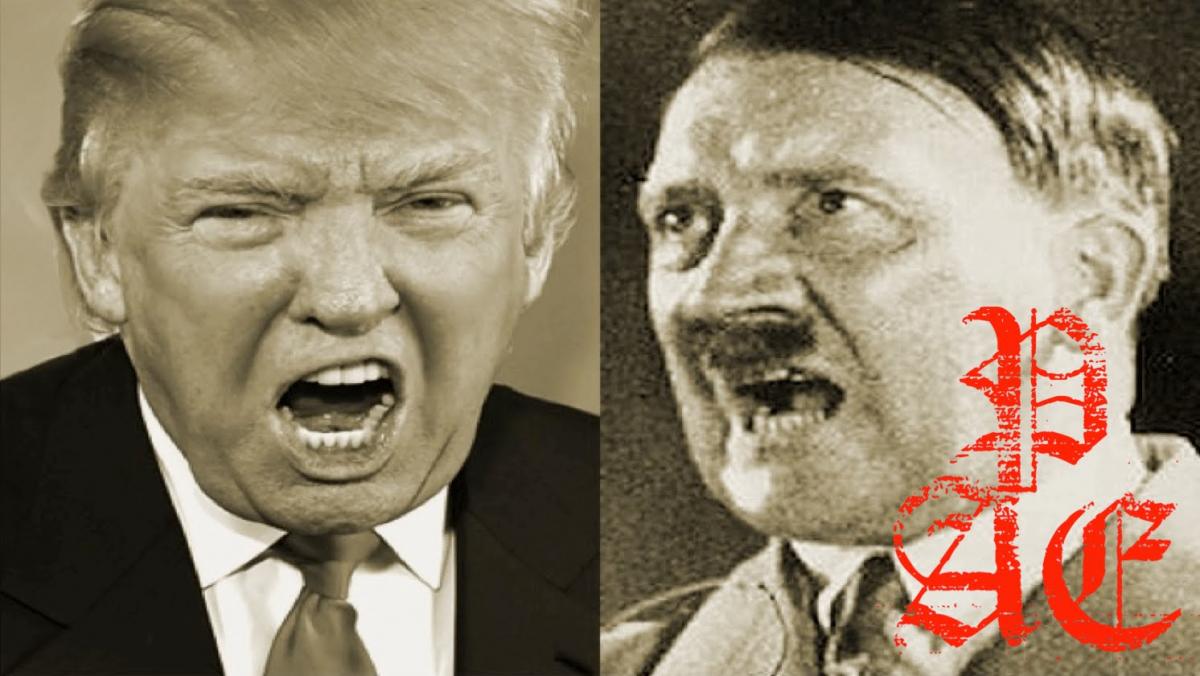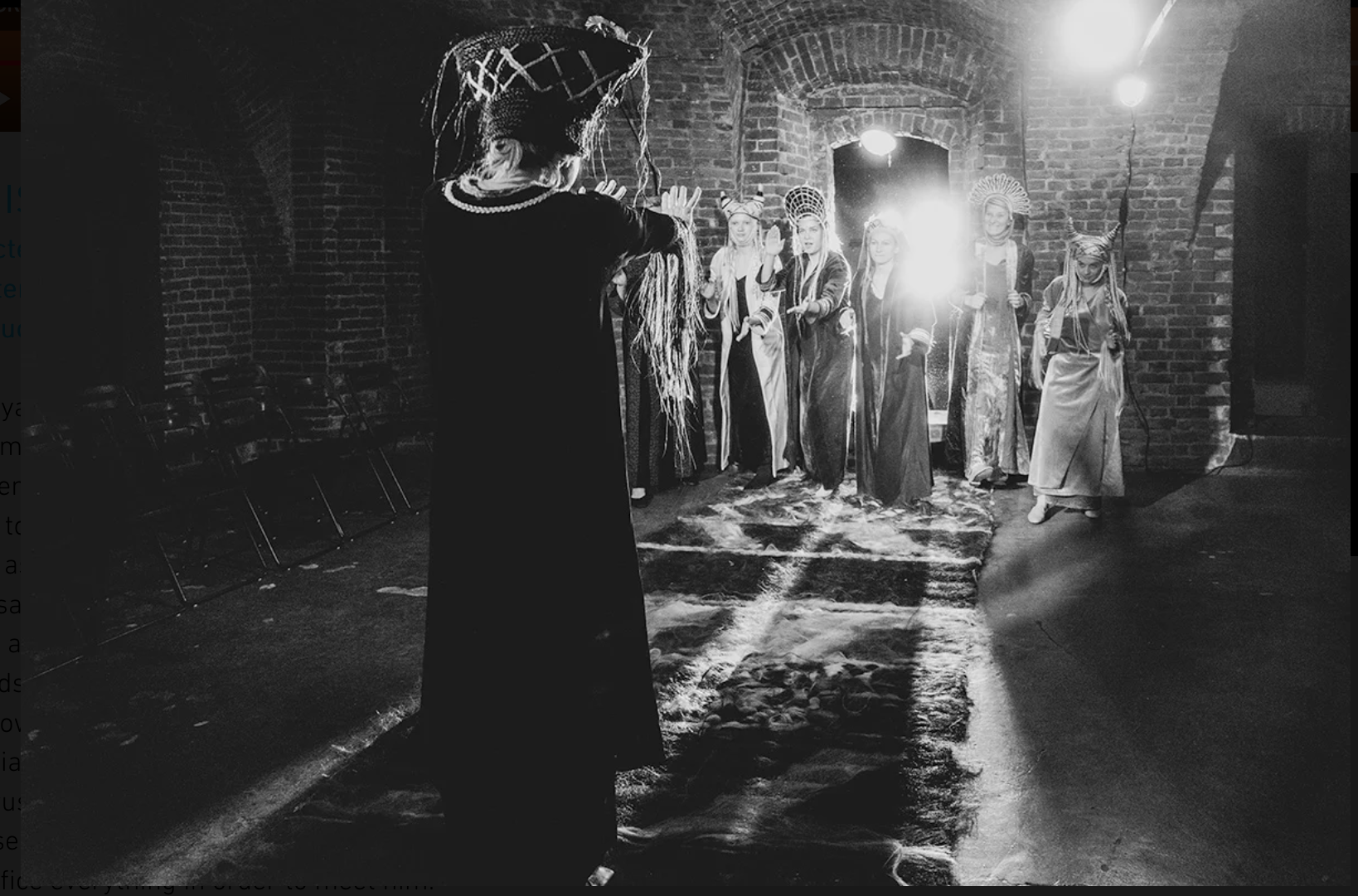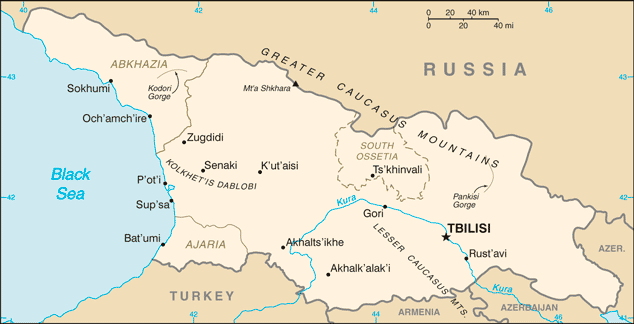
US imposes sanctions on two more ICC judges
The US government announced sanctions on two judges from the Appeals Chamber of the International Criminal Court due to their “illegitimate targeting of Israel.” The sanctions barthe named individuals from entry into the US, and extends to their family members. The measures also block any assets the individuals hold in the US. The move came after the ICC rejected Israel’s legal challenge to the case that has been opened over possible war crimes in the Gaza Strip. Both of the targeted judges, Gocha Lordkipanidze of Georgia and Erdenebalsuren Damdin of Mongolia, voted in favor of rejection of the appeal. (Photo: OSeveno/WikiMedia)



